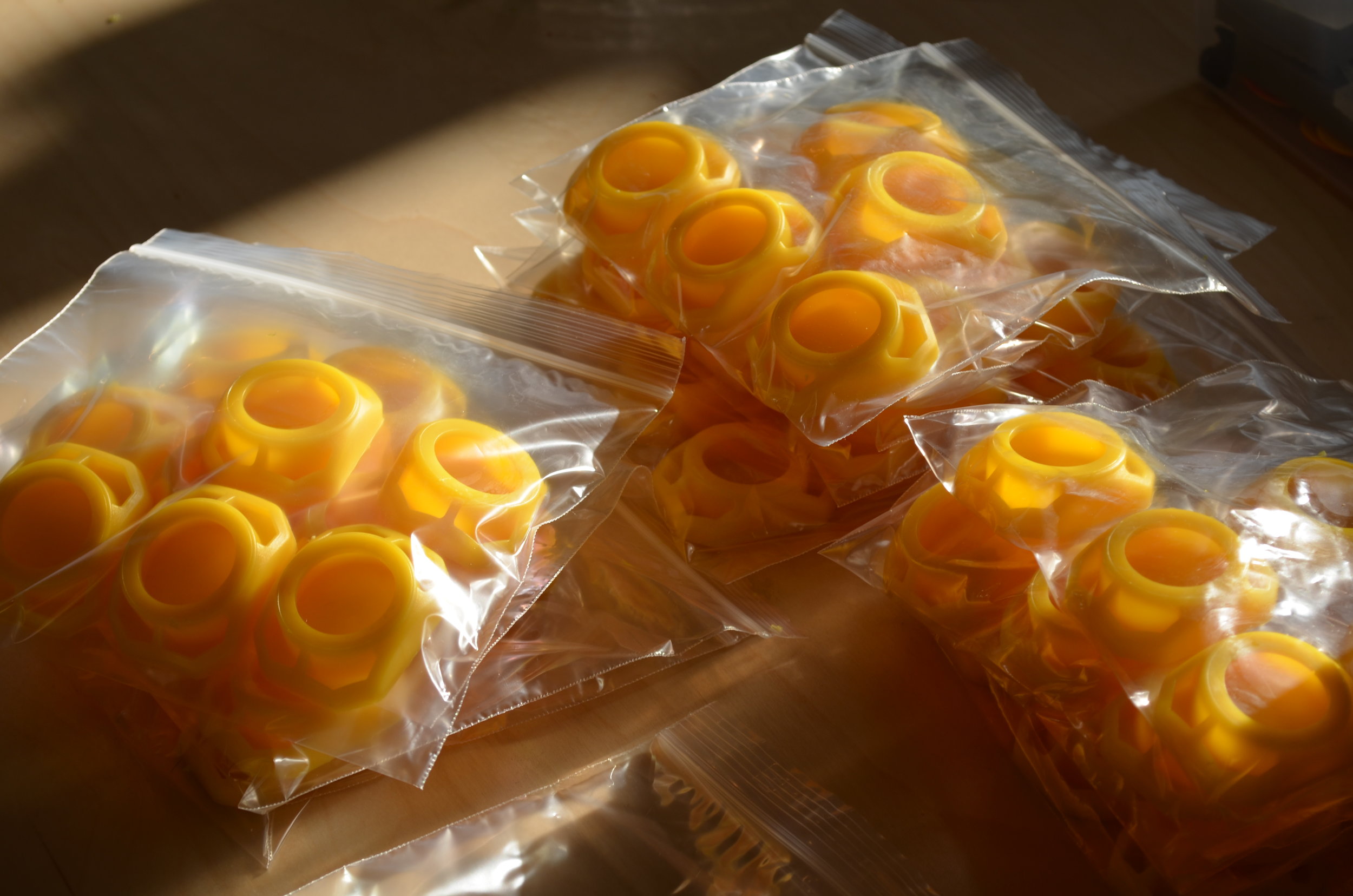Design:
- Despite saying that if he had to do life over again, he wouldn't be a designer, Dieter Rams remains a design icon. A documentary about the man and his life in design is coming out soon.
- From Outside magazine: how workwear and outdoor gear originally designed for extremely specific uses (like keeping Canadian prison guards warm) gets adapted to more fashionable ends and becomes part of mainstream culture.
Engineering Communities:
- Factories transform communities and landscapes through their sheer scale— a mass that attracts workers, government dollars, and smaller enterprises seeking to ride the wave of growth. In almost every case however, that wave crests and the tide goes out, leaving communities once again transformed, this time by the vacuum left by the withdrawal of those same factories.
- A sharply presented argument against autonomous vehicles, and for mass transit and walkable cities, from The New York Times.
Seen/Unseen:
Waste:
- An interesting story on prolific electronics recycler Eric Lundgren running afoul of Microsoft. Lundgren had commissioned the creation of almost 30,000 system restore discs, intended to make up for the fact that computers making it to the refurbishment stage have generally lost those discs long ago. Lundgren said he had no plans to sell the disks, but Microsoft claimed lost sales in the hundreds of thousands, and prosectors are seeking a prison sentence along with a fine. While keeping resource intensive goods circulating longer is critical for reducing environmental harm, the majority of business models still require churning out ever-increasing quantities of new widgets, and any disruption to that model is treated as a grave threat.
- Parley is a sort of business-design consultancy that has the aim of eliminating plastic. A recent high profile project of theirs is a collaboration with adidas, where shoes are made (partly) from the plastic waste pulled from the world's oceans. While we agree with many of the points made by Parley's Cyrill Gutsch (we need to consume less plastic, and design plastic out of products), the reality is more complicated and thorny. While plastics can be incredibly damaging, they have some upsides, e.g. creating lighter structures, which reduce transportation energy vs. materials like metal, glass, or wood. The ocean waste shoes, like almost any other sneaker, are designed as a consumable product, with no real ability to repair or replace components, and only vague references are made to bio-plastics as an alternative to our collective dependence on fossil fuel derived polymers. We're hopeful that there is something more real and substantial here than the eco-tinged greenwashing of the same consumer brands that create so much waste in the first place, but the that kind of engagement will require more tactical nuance and discipline (on both producer and consumer side) than the interview suggests.

